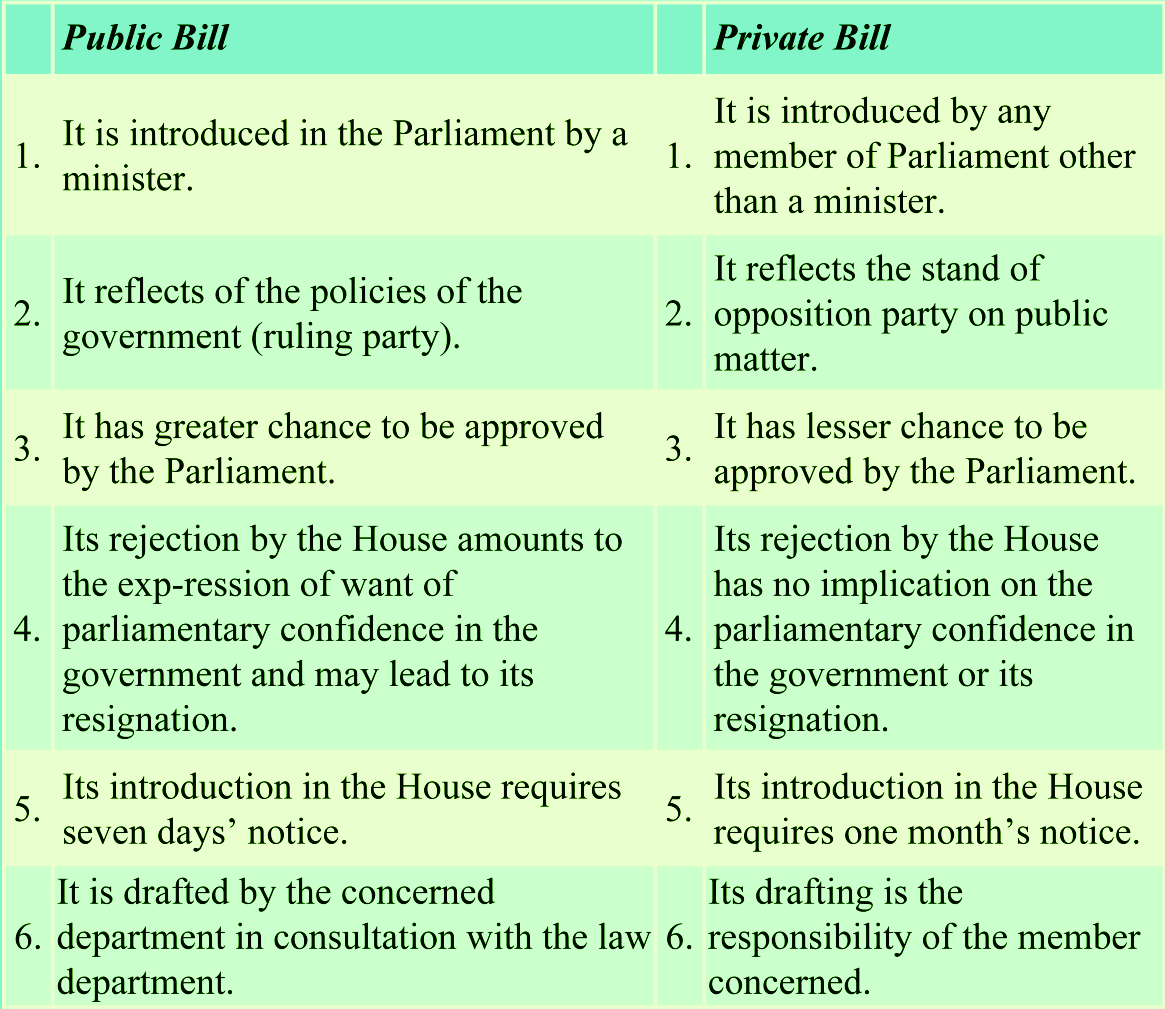Indian Polity
Demand for Rajya Sabha Seat to Chandigarh
- 02 Mar 2022
- 6 min read
For Prelims: Rajya Sabha, Article 80, Fourth Schedule of the Constitution, Schedules of the Indian Constitution, Private Member Bill
For Mains: Private Member Bill, Representation of UTs in Indian Parliament
Why in News?
Recently, the Chandigarh Municipal Corporation has approved a proposal to amend Article 80 of the Constitution so that its councillors could send a representative to the Rajya Sabha.
- Article 80 of the Constitution of India deals with the composition of the council of states also called the Upper House and Rajya Sabha (Upper House).
- So far, Chandigarh has no representation in the Rajya Sabha.
What is the Demand of the Proposed Bill?
- The bill (Private Member Bill) sought the adding of a provision provided that the representative of the Union Territory of Chandigarh in the council of states shall be elected by an electoral college.
- The electoral college should consist of elected members of the Municipal Corporation of Chandigarh constituted under the Punjab Municipal Corporation (Extension to Chandigarh) Act, 1994 in Article 80 of the Constitution.
- An amendment has also been sought to the Fourth Schedule of the Constitution with ‘Entry 32, Chandigarh.
- The fourth Schedule contains provisions as to the allocation of seats in the Council of States.
- It contains the number of seats represented in the Council of states (Rajya Sabha) from each State and Union Territory.
Where does Chandigarh Stand?
- Chandigarh is a Union Territory without any legislative assembly and has a seat of Member of Parliament (MP) in the Lower House (Lok Sabha) or House of the People.
- Chandigarh residents elect an MP every five years through direct voting.
- The union territories of Puducherry, Jammu and Kashmir and the National Capital Territory of Delhi have representation in the Rajya Sabha, while Ladakh, Chandigarh, Dadra and Nagar Haveli — Daman and Diu, Andaman and Nicobar Islands and Lakshadweep are unrepresented in the upper house.
What are the Legal Objections?
- The elected Municipal Corporation Councillors do not form the electoral college for selecting a member for Upper house (Rajya Sabha) because it is beyond the powers of the Municipal Corporation.
- Between 1966 and 1990, MPs for Rajya Sabha in Delhi were selected by the members of the Metropolitan Council of Delhi.
- There is a difference between the Metropolitan Council and Municipal Corporation.
- There is also a distinction between the electoral college of legislatures and electoral college of MC councillors.
- Also Chandigarh has no legislative Assembly like Delhi, which also is a Union Territory, and the city also lacks a metropolitan council, which exists in the national capital.
- Also, selecting Rajya Sabha MP, is beyond the listed scope of functions of the municipal corporation.
- If the functions of the civic body are to be extended beyond the listed scope of functions it would not be feasible and would go against the constitutional mandate of any such Municipal Corporation.
- As the civic body gave its assent to the amendment, UT Administration will send it to the Ministry of Home Affairs for further consideration and then it will be forwarded to the Parliament.
What is a Private Member Bill?
- Any MP who is not a minister is referred to as a private member.
- Its drafting is the responsibility of the member concerned. Its introduction in the House requires one month’s notice.
- The government bills\public bills can be introduced and discussed on any day, private member’s bills can be introduced and discussed only on Fridays.
- In case of multiple Bills, a ballot system is used to decide the sequence of bills for introduction.
- The Parliamentary Committee on Private Member's Bills and Resolutions goes through all such Bills and classifies them based on their urgency and importance.
- Its rejection by the House has no implication on the parliamentary confidence in the government or its resignation.
- Upon conclusion of the discussion, the member piloting the bill can either withdraw it on the request of the minister concerned, or he may choose to press ahead with its passage.







